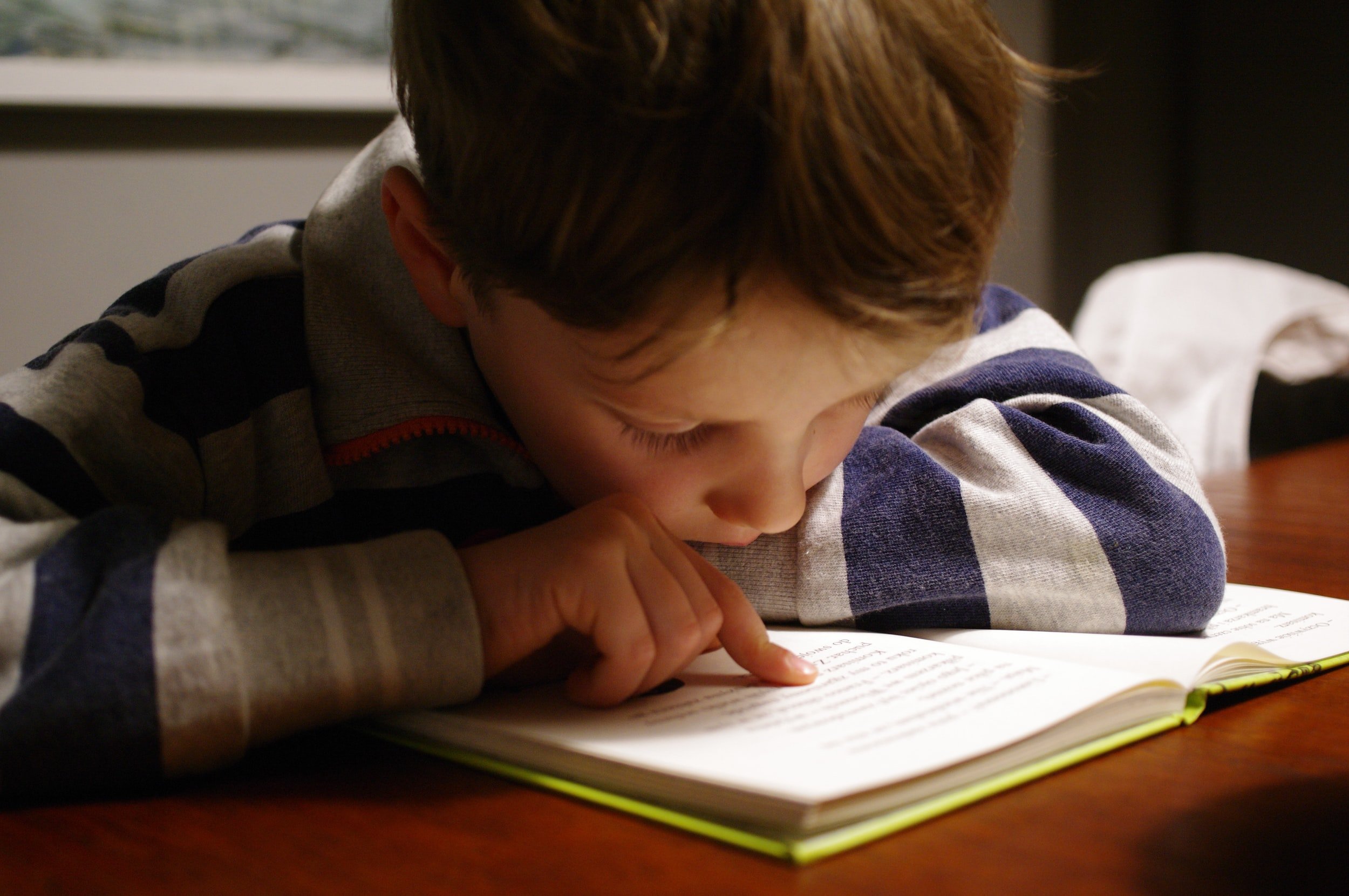
We think deeply and do our research.
Search our blog posts by keyword, area or topic.
Search by Topic
- ADHD
- Anxiety
- Attachment
- Autism
- Autism and transitions
- Being successful
- Bereavement
- Best books
- Burnout
- Down Syndrome
- Dyscalculia
- Dyslexia
- Dyspraxia
- Early literacy skills
- Embracing neurodiversity
- Emotionally Based School Avoidance (EBSA)
- English as an Additional Language (EAL)
- Exam preparation
- Executive function
- Gender
- Grief
- Growth mindset
- Inclusion
- Mindfulness
- Neuro-cosmopolitan
- Orthography
- Parents
- Pathological Demand Avoidance (PDA)
- Post-Covid
- Primary school
- Psychological capital
- Resilience
- Secondary school
- Self-regulation
- Situational mutism
- Social communication
- Society
- Starting school
- Supervision
- Trauma informed practice
- War and conflict
- Working Memory
Helping Children with Down Syndrome to Learn
Here we outline the specific learning profile typically associated with Down Syndrome, and suggest ways that schools can best meet the learning needs of children and young people in this population.
Understanding Attention Deficit Hyperactivity Disorder (ADHD)
In this post we explain what ADHD is, how it is diagnosed and offer strategies to support children and young people with this condition in the classroom.
Anxiety: Helping Worriers Become Warriors
What can parents and educators do to help anxious children reduce their fears? What are the ways adults can help worriers become warriors?
Understanding Dyspraxia
What is dyspraxia? Why is it important and what strategies help to improve it?
Talking About War, Conflict and World News
We’ve collated a range of links to resources to help anyone thinking about how to talk to children and young people about war, conflict or world news in general.
Understanding Working Memory
What is working memory? Why is it important and what strategies help to improve it? We explain it and offer strategies to improve recall here.
How Does Anxiety Affect Learning?
While a degree of anxiety can be a helpful factor in motivation, too much can hinder a child’s learning and progress. Here, we discuss what anxiety is, how it can impact the learning process and how to foster a supportive learning environment for anxious learners.
Situational Mutism (SM)
What is situational mutism, and how can we help children and young people who are reluctant to communicate verbally in a specific situation or environment?
Emotionally Based School Avoidance (EBSA)
Some children and young people struggle to attend school because of emotional factors, often leading to prolonged absence. How can schools support them?
Psychological Capital and Professional Supervision
What is psychological capital, and how can it be applied through professional supervision to enhance an individual’s day to day experience and performance at work?
What is Pathological Demand Avoidance (PDA)?
In this post we explain what Pathological Demand Avoidance (PDA) is offer a range of specific strategies adults can use to support children with a PDA profile at home and school.
How to Develop Literacy Skills in Young Children
I wrote a guest post on Honest Mum about ways parents of young children can develop their literacy skills. Read on to find out more!
What is Executive Function and can it be improved?
Have you heard of the term ‘executive function’ before? Here we explain what it is, why its so important in learning and how it can be improved.
How to help your child be successful
As parents and teachers, we often wonder what we can do to help our children and young people to be more successful. Read on to find out what the key skills are and how we can help them to acquire them so that they can flourish, thrive and be the best they can be.
Growth Mindset explained. Why is it important?
What is a growth mindset? Why is is important for children and young people to develop the belief that they can succeed, and how can we help them to do so?
Attachment, Learning and Behaviour
Here we explain attachment theory, outline different attachment styles and think about their presentation at school. How can we help children with attachment difficulties to learn?
Could My Child Have Dyscalculia?
Dyscalculia might not be as well recognised or understood as other specific learning difficulties, but it has a fundamental impact on outcomes into adulthood. Find out what it is and how it can be assessed.
Dyslexia or Literacy Difficulties? Does it matter?
What are the key differences between people who have been diagnosed with dyslexia and those with literacy difficulties? How should each group be supported?
Helping Autistic Children Cope with Transition
Stephanie Dennis, RocketEd’s Expert Autism Advisor, writes about some of the challenges autistic children face coping with transition and how she can help through working with parents, carers and schools.
Trauma Informed Practice: from the bottom up
What is developmental trauma, and how does it impact the progress of children and young people who have experienced it? How can we help them to repair?




















